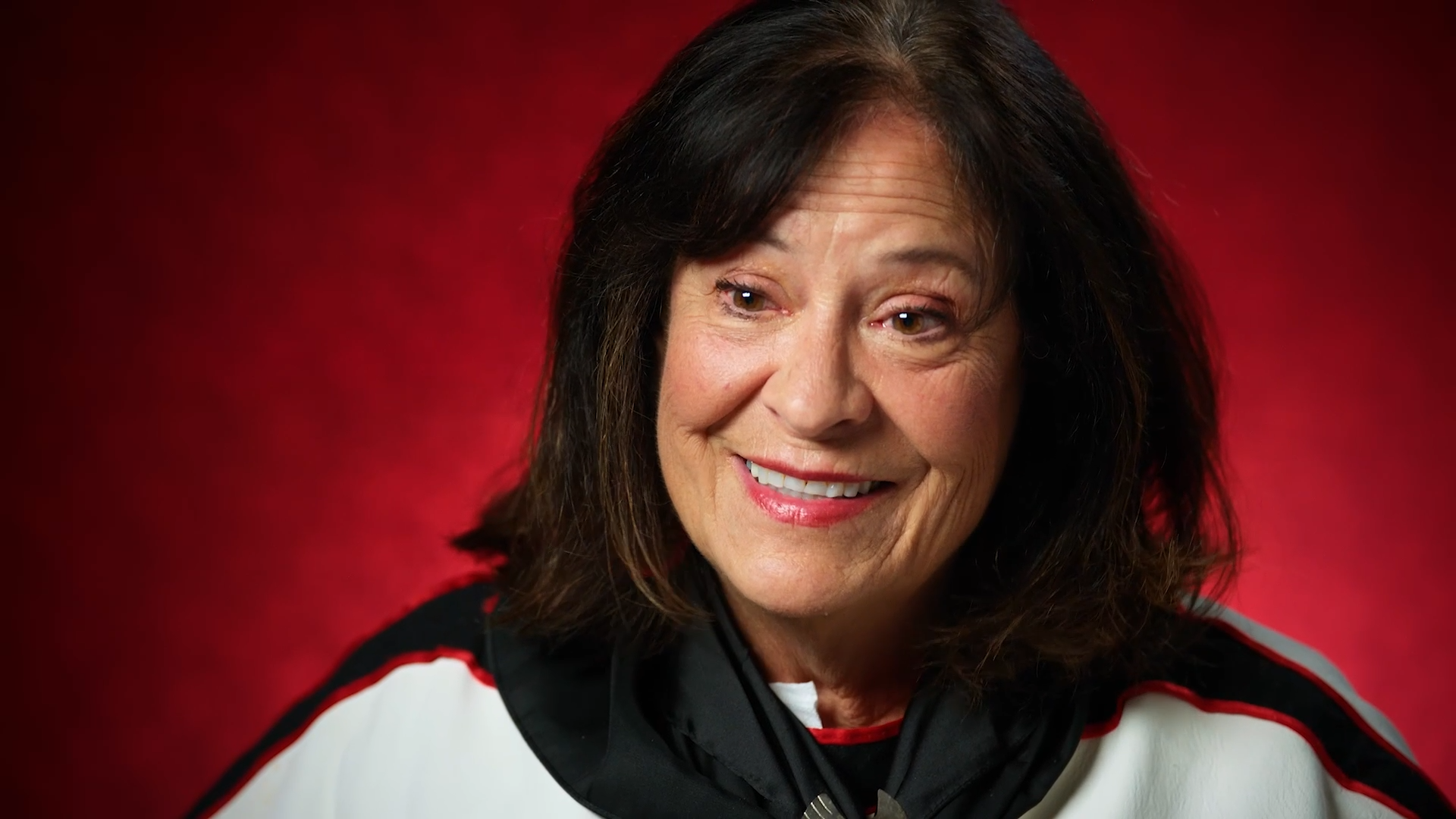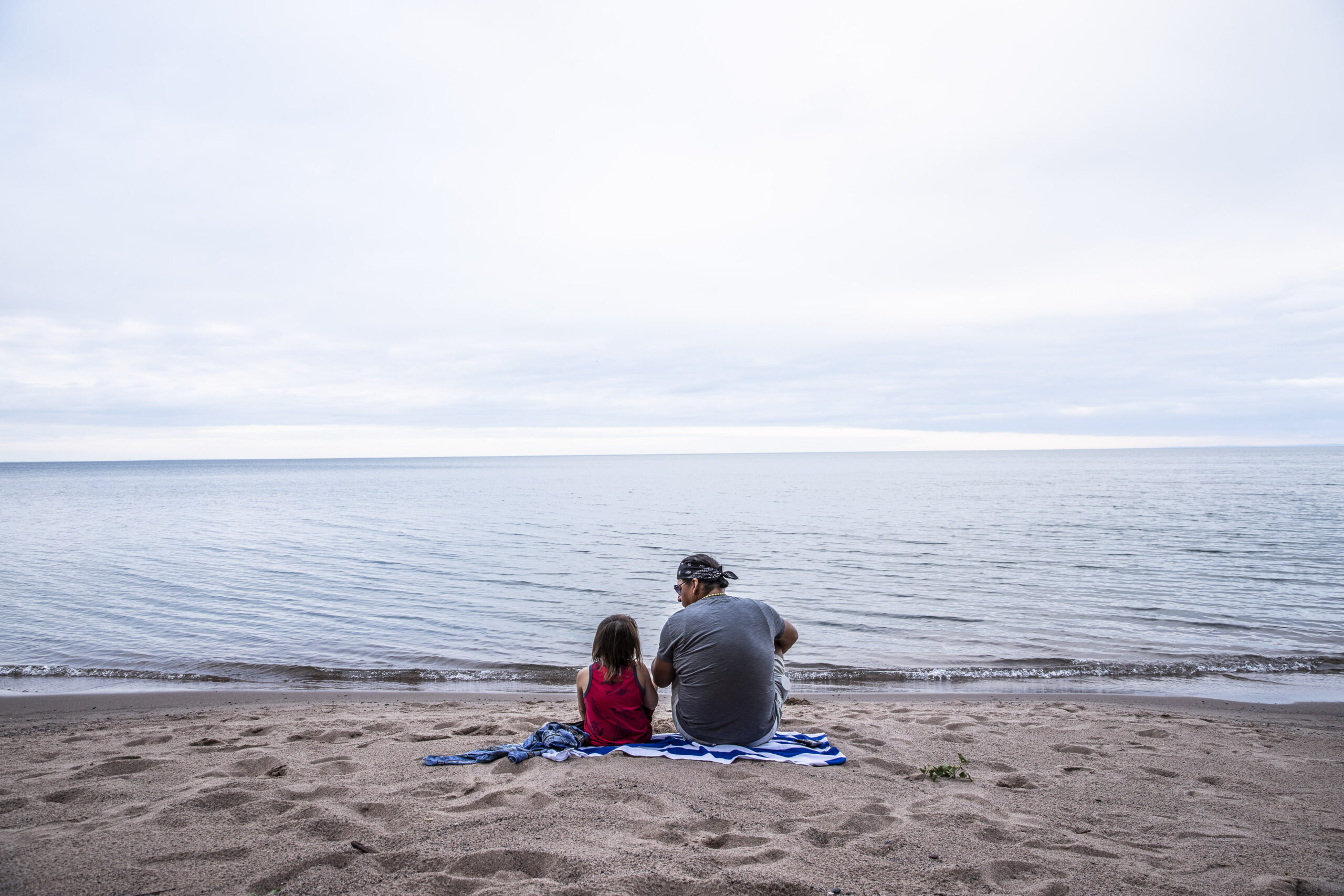Patty Loew attended five screenings of a new film this year. She wasn’t joining box office masses at Wicked or Inside Out 2, but Bad River.
The independent documentary, directed by Mary Mazzio and released in March, drew in masses of its own. AMC Theatres put it up on select big screens across the United States. It’s streaming on Peacock and on Comcast’s Black Experience on Xfinity platform.

The documentary highlights longstanding issues facing the Bad River Band of Lake Superior Chippewa in northern Wisconsin. Loew ‘Waswaagonokwe’ (Torch Light on the Water Woman) is a citizen.
She and other Band members are interviewed in the film, which explores tragic boarding school histories and how members of the Band have faced violence and racism.
The documentary heavily focuses on the Line 5 dispute between the Band and Canadian energy company Enbridge. Loew, who recently retired as director of the Center for Native American and Indigenous Research at Northwestern University (among many other titles), addresses it in the film.
“My little tribe is standing up and saying, ‘We’re protecting the water, not just for us. We’re protecting water for the planet.’”
Behind the Struggle
As it stands, 12 miles of a crude oil and natural gas pipeline run through Bad River land, constructed in 1953. In 2017, Bad River’s tribal council voted against renewing the company’s rights to use their land. It led to years of protests and activism when Enbridge refused to leave. Last summer, a federal judge gave Enbridge three years to shut down the pipeline on the reservation.
That reservation includes just under 40 miles of Lake Superior shoreline, thousands of wetland acres, and hundreds of miles of streams, rivers, and tributaries.
The documentary shows its beauty. Think grandiose drone shots and stunning water imagery.
“Bad River is where I go when I need my batteries recharged, when I need time to reflect, when I just need to get back in touch with things that make me happy,” Loew says.
Last month, the Wisconsin Department of Natural Resources issued construction permits for Line 5 to reroute 41 miles south of the reservation and exit Bad River lands by 2026.

But Loew and other Band members who are interviewed in the film say that isn’t enough to protect Mashiiziibii land and nearby areas from a potential pipeline burst. They want it shut down.
Enbridge lawyers and the U.S. government say they can’t, citing a 1977 energy treaty with the Canadian government. But Bad River citizens say Ojibwe treaties, which established reservations and land rights, predate that by over 100 years.
“If such a rupture were to occur, nearly one million gallons of oil would spill into the river, flowing into Lake Superior and devastating the wild rice beds and fishing populations central to the Band’s way of life,” stated 30 Midwestern Native Nations in a letter to the White House in February.
There have been over 20 spills along the Line 5’s 645-mile route since 1968, including over 14,000 gallons in Bad River land in 1972.
Despite the continued debate, Loew has hope.
“The right thing will eventually happen,” she says.
“I think everyone—whether you live in a red or a blue state, or whether you are Native or non-Native—[wants] clean water and clean air, not just for themselves, but for their children and grandchildren.”

